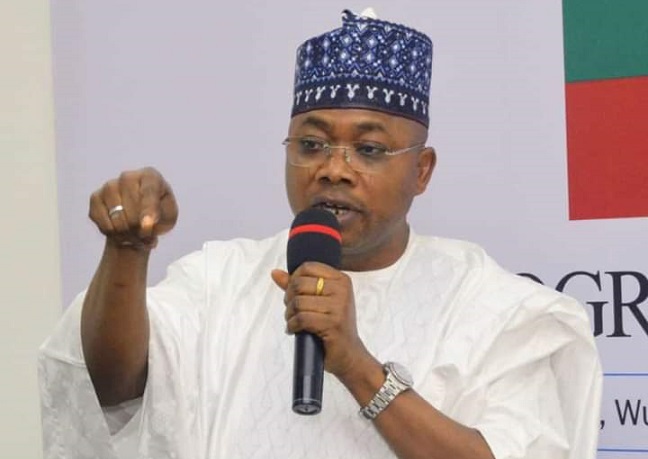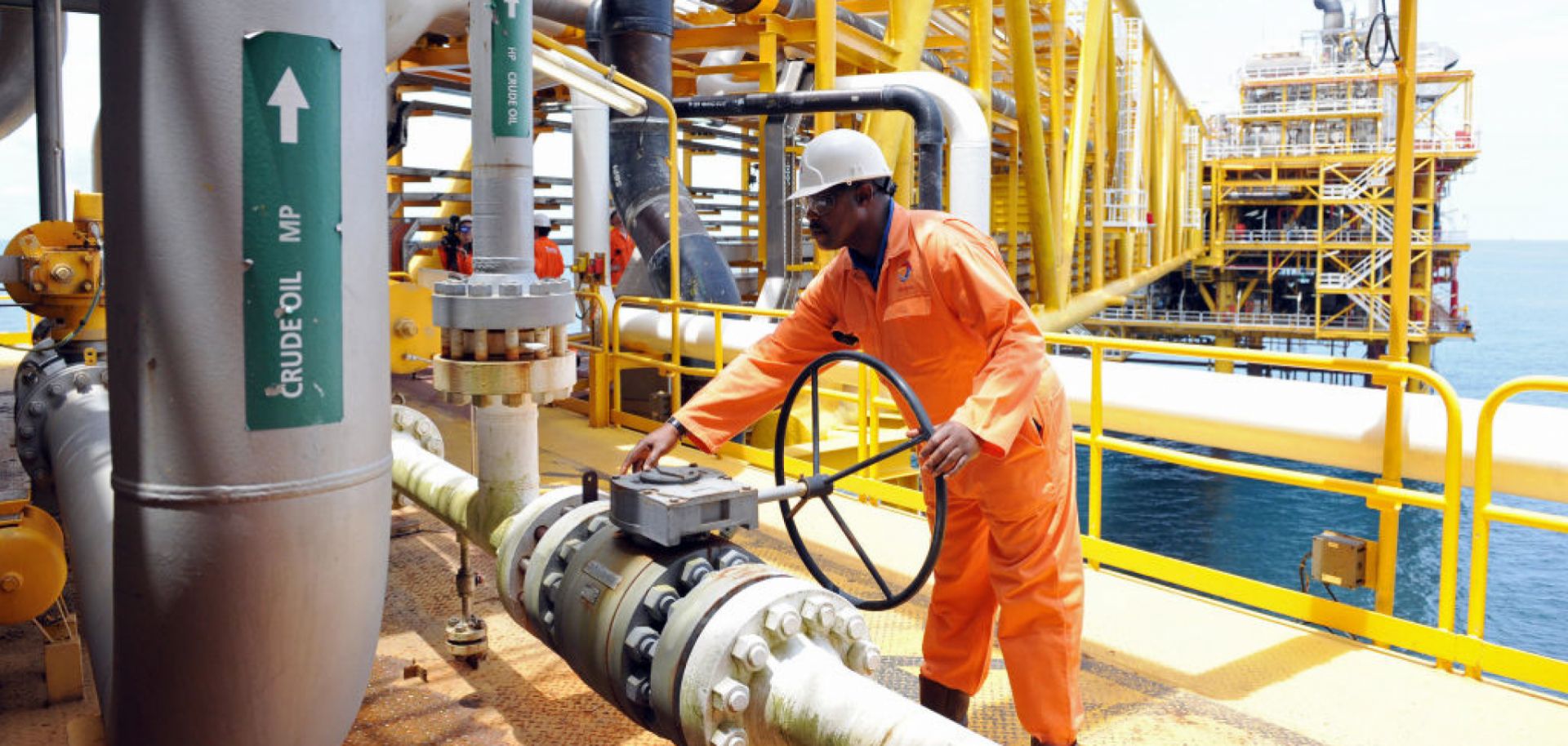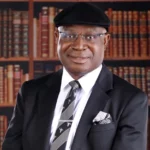The Director General of the World Trade Organization, Ngozi Okonjo-Iweala, has cautioned the governors of Nigeria’s 36 states to avoid taking on debt that could impede their efforts to deliver the benefits of democracy to their constituents.
According to The Punch, Okonjo-Iweala made this statement during the Nigeria Governors’ Forum’s induction program for newly elected and re-elected governors, held in Abuja on Monday.
The event centres around the theme “Task of Nation Building.” During this event, the Director General of the World Trade Organization gave a speech that described the country’s economic challenges.
She advised the governors to study and adopt effective practices that will enable them to fulfil their campaign promises to the people.
Various individuals including past and present governors, members of the international community, and experts from different fields are currently attending a week-long event taking place at the Banquet Hall of the Presidential Villa.
In her words, “Nigeria’s gross debt level has climbed from N19.3 trillion in 2015 to $N91.6 trillion in 2023. The debt-to-GDP ratio has almost doubled from 20 per cent to 39 per cent over that time period.
“While the debt-to-GDP ratio may not look so alarming, as revenues decline, the burden of debt servicing has increased dramatically.
“The debt service to revenue ratio is certainly alarming, at 83.2 per cent in 2021 and 96.3 per cent in 2022, according to the World Bank. This means that at the federal level, after servicing our debt there is little room to pay for recurrent expenditures, let alone investment.”
Cautioning the governors, she said, “Excellencies, please watch your debt profiles, and keep careful control of expenditures, even as you invest in infrastructure, education, and basic health systems. Please endeavour to pay teachers, health workers, and others their salaries, and retirees their pensions.”
According to her, the International Monetary Fund has estimated the Gross Domestic Product growth rate to be 3.2% for this year and 3% for the next year.
She added that while these rates are slightly better than the global growth rate, they are still lower than the expected growth rates for sub-Saharan Africa as a whole, which are predicted to be 3.6% for this year and 4.2% for the next year.
She further stated, “The current GDP growth rates are higher than the very low 1.2 per cent average annual growth rate registered between 2015 and 2019, the five years before the pandemic, but well below the 6.4 per cent average for the preceding five-year period, from 2010 to 2014.
“In our country, given its size, diversity, and economic development challenges, the scale of the task of nation-building is particularly large.
“As you take office or return to your governorships, our 222 million compatriots will be counting on you to rise to the occasion. The states are closest to the people: what you do- or don’t do – directly impacts people across the country.”
Admonishing the political leaders, the WTO head said, “Dear governors, I remain convinced that a better future is within our collective grasp. But to move ahead and seize it, we will need political and business leaders at the state and national levels to form a compact in pursuit of pro-growth and pro-development policies.
“We ought to be seeking to double our growth rate and sustain that higher growth until we attain upper middle-income status. We can also aim to double Nigeria’s share of world trade from 0.33 per cent to 0.66 per cent within a decade. To build such a compact, we need trust.”











